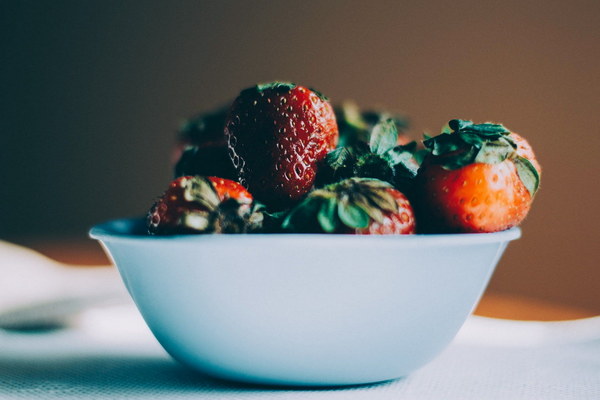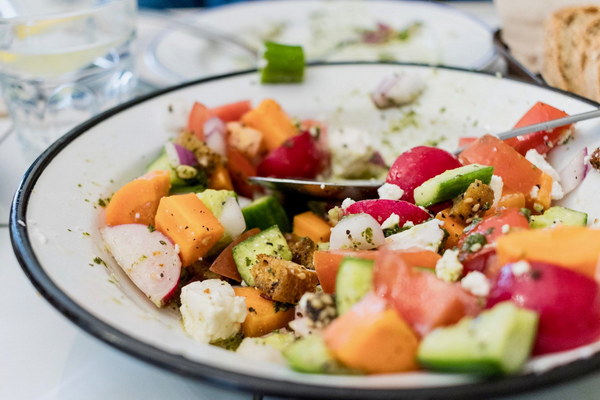Nourishing Your Kidneys A Comprehensive Guide to Dietary Dos and Donts
Nourishing Your Kidneys: A Comprehensive Guide to Dietary Do's and Don'ts
The kidneys play a vital role in maintaining our overall health by filtering waste and excess fluids from the blood. A well-functioning renal system is essential for balancing electrolytes, producing red blood cells, and regulating blood pressure. To ensure optimal kidney health, it's crucial to adopt a balanced diet that supports renal function. This article explores the dietary do's and don'ts for kidney health, providing a roadmap to nourishing your kidneys naturally.
Do's: Nourishing Foods for Kidney Health
1. Stay Hydrated with Pure Water
- Adequate hydration is key to kidney function. Drink plenty of pure water throughout the day to flush out toxins and maintain healthy kidney function.
2. Incorporate Leafy Greens
- Leafy greens like spinach, kale, and swiss chard are rich in vitamins A, C, K, and minerals like magnesium and potassium. These nutrients support kidney health and help reduce the risk of kidney stones.
3. Include Alkaline Foods
- Alkaline foods like avocados, bananas, and melons help balance the body's pH levels, which can support kidney function and reduce the risk of kidney disease.
4. Consume Fish Rich in Omega-3 Fatty Acids
- Fish such as salmon, mackerel, and sardines are excellent sources of omega-3 fatty acids, which have anti-inflammatory properties and can help reduce the risk of kidney damage.
5. Eat Beets and Carrots
- These root vegetables are packed with nutrients like betalains and beta-carotene, which may help reduce inflammation and support kidney function.
6. Include Nuts and Seeds
- Almonds, walnuts, chia seeds, and flaxseeds are great sources of healthy fats, protein, and antioxidants that can promote kidney health.
7. Choose Lean Proteins
- Opt for lean proteins like chicken, turkey, and tofu to support kidney function. Avoid high-protein foods that can be difficult for the kidneys to process, such as red meat and processed meats.
8. Incorporate Herbs and Spices
- Herbs like parsley, cilantro, and turmeric have diuretic properties that can help the kidneys flush out waste products. Spices like ginger and garlic also have anti-inflammatory benefits.
Don'ts: Foods to Avoid for Kidney Health
1. Limit Sodium Intake
- Excessive sodium can lead to high blood pressure and increased workload on the kidneys. Avoid processed foods, salty snacks, and canned goods.
2. Avoid High-Potassium Foods

- If you have kidney disease, high-potassium foods like bananas, oranges, and potatoes should be limited to prevent potassium levels from becoming too high.
3. Stay Away from Phosphorus-Rich Foods
- Phosphorus can accumulate in the blood if the kidneys are not functioning properly. Limit or avoid high-phosphorus foods like dairy products, red meat, and nuts.
4. Avoid Artificial Sweeteners
- Artificial sweeteners can disrupt the balance of electrolytes in the body and may have negative effects on kidney function. Opt for natural sweeteners like honey or stevia.
5. Limit Alcohol Consumption
- Alcohol is a diuretic and can strain the kidneys. Limit alcohol intake to support kidney health.
6. Avoid High-Protein Diets
- High-protein diets can put extra stress on the kidneys, especially if you have kidney disease. Work with a healthcare provider to determine the right protein intake for your needs.
7. Stay Clear of Caffeinated Beverages
- Caffeinated drinks can be dehydrating and may increase the risk of kidney stones. Opt for decaf options or limit your intake.
8. Avoid Over-the-Counter Painkillers
- Nonsteroidal anti-inflammatory drugs (NSAIDs) like ibuprofen can cause kidney damage. Use these medications only as directed by a healthcare provider.
By following these dietary guidelines, you can support your kidney health and reduce the risk of kidney disease. Remember, maintaining a balanced diet is just one part of a healthy lifestyle; regular exercise, stress management, and regular check-ups with a healthcare provider are also important for overall kidney well-being.
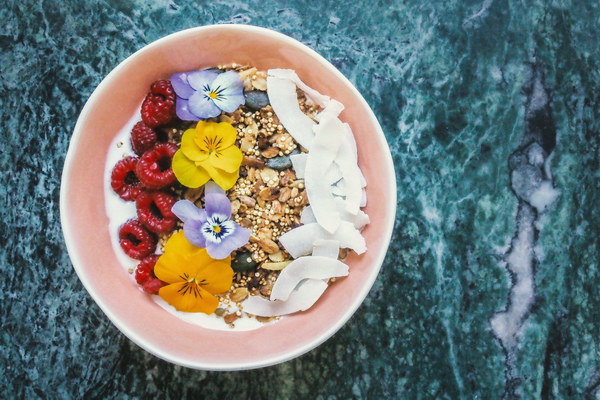


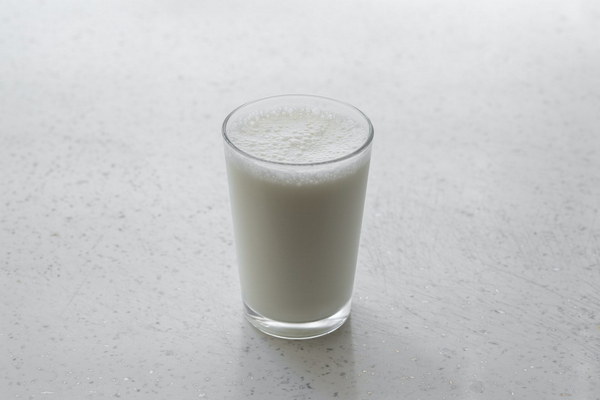

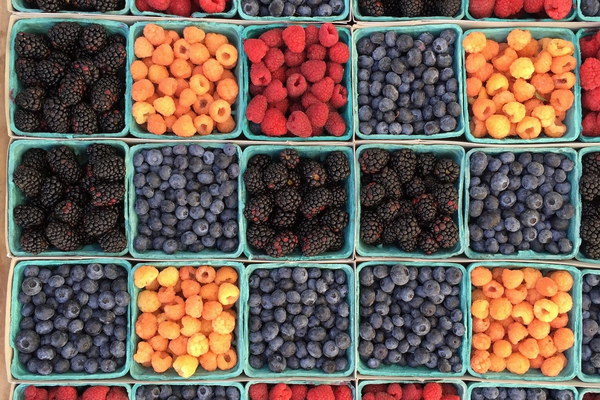

![Revolutionize Your Beauty Routine with the Cutting-Edge Technology of [Brand Name] Beauty Devices](http://img.bluepurple.cn/a/养生/213/Revolutionize-Your-Beauty-Routine-with-the-CuttingEdge-Technology-of-Brand-Name-Beauty-Devices.jpg)
